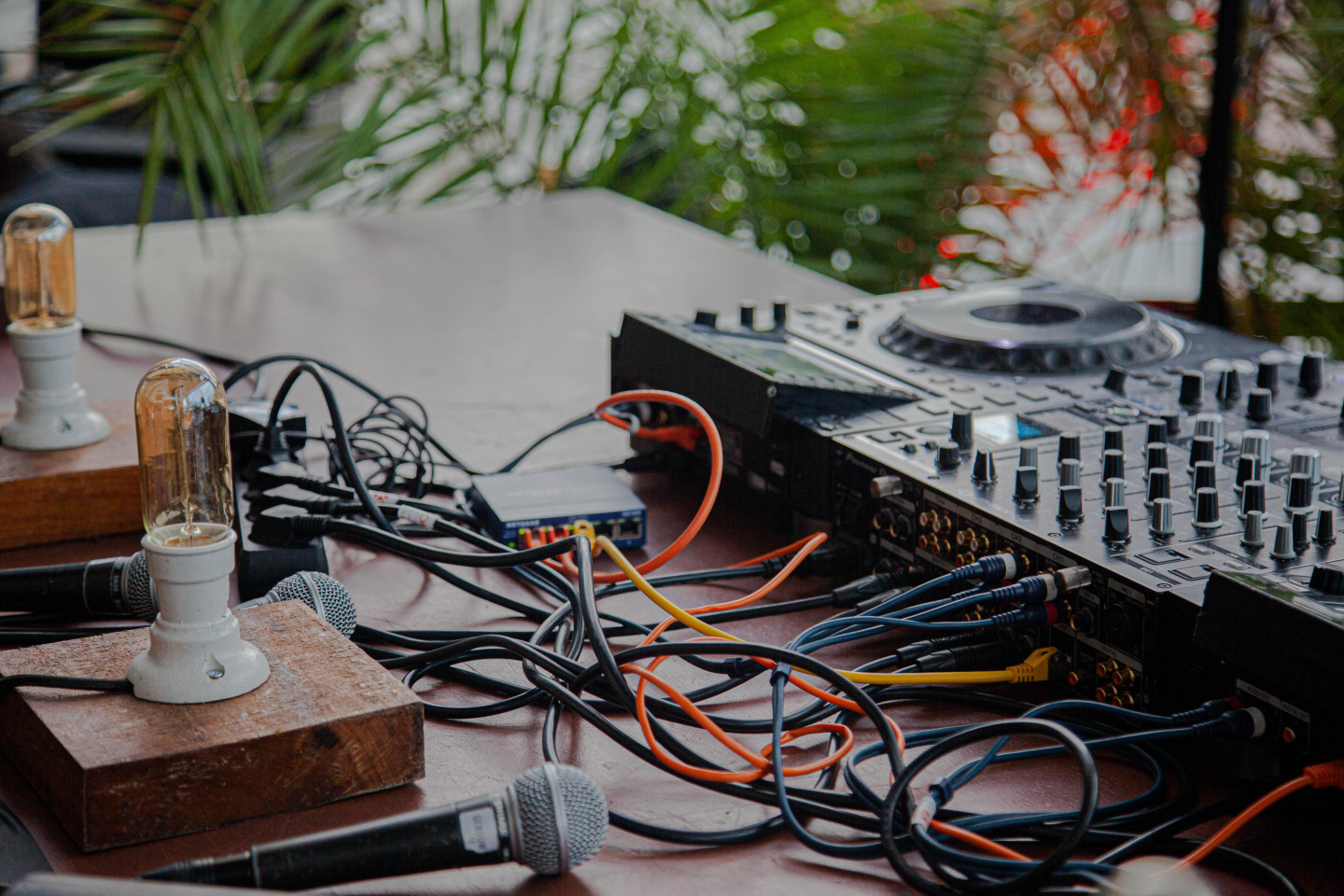From pirate stations to global broadcasting behemoths – the past decade has seen the rise of community radios popping up around the world.
But in an age of digital oversaturation and hyperconnectivity, how can online radios continue to bridge cultures, unite artists, and amplify diverse voices and emerging scenes?
Words by Caroline Whiteley
Photography by Pierre Zylstra, Robin Balou & Daan Stoop
Tuning into connection: the power and potential of online radio
What is the power of online radio? For Passion DEEZ, the Amsterdam-based DJ and Radio Radio FM resident, the answer is clear: “Community radio is soul-nourishing.” When Passion's parents emigrated from Zimbabwe to the UK, they gave him a radio for his first Christmas in their new home. He was initially disappointed; he’d wanted an XBox or PlayStation instead. However, this small act created a spark that began to ignite a lifelong passion. “I became obsessed with this thing, I was hooked on BBC Radio 1, I religiously followed Trevor Nelson and Annie Mac.”
Like many kids growing up in the ‘90s, commercial radio sparked his dream of becoming a DJ, but if it weren’t for pirate radio stations across London it would have potentially never become a reality. “I came in at the very end of pirates and the very beginning of internet radio, I played on loads of terrible internet radio stations,” Passion says. At one point, he produced about nine hours a week on different online stations and pirate stations. “I loved everything about it – these community radios gave me access to gear, and they gave me an audience without actually having to go play in a club. That makes music making and DJing very accessible, especially for younger kids from disenfranchised communities.”
"I loved everything about it – these community radios gave me access to gear, and they gave me an audience without actually having to go play in a club." - Passion DEEZ
New York City-based producer DJ Swisha agrees. “Having these spaces and opportunities that aren’t so high pressure is really necessary because you never know what one radio station opportunity for someone and how much it can motivate them.”
Swisha was involved with Brooklyn station and editorial platform Half Moon and broadcasts a monthly four-way back-to-back session AceMo, MoMa Ready and Kush, which quickly became one of the station’s most beloved shows for many in the NYC scene and beyond. “I really feel like this radio show has influenced people outside of our scene, and it’s really cool to see how that comes back to us. It’s creating a new movement in our lives and in our work.”
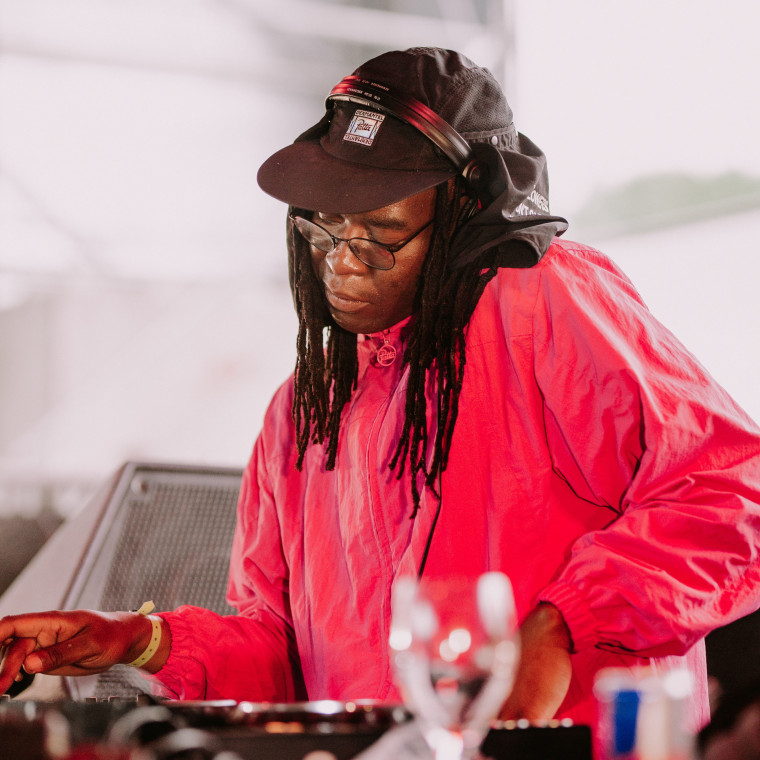
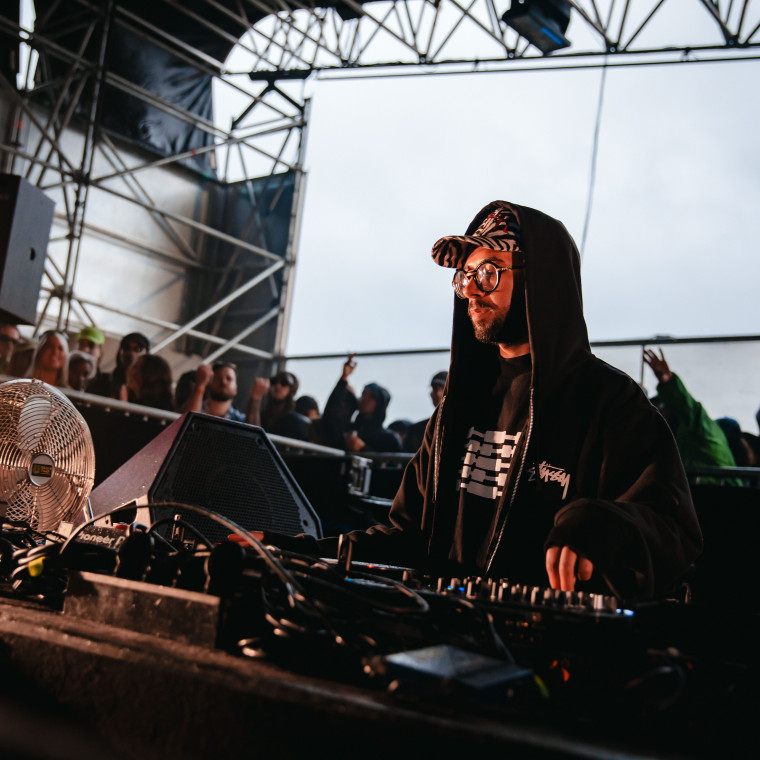
Space is the place: online radio as social hubs
Often, the spaces certain radio stations operate out of are key to their success, acting as social hubs for local communities: take NYC’s The Lot, which streams 24/7 from a repurposed shipping container, or Kiosk Radio in Brussels’ “Parc Royal”, broadcasting from an old wooden kiosk – these are spaces that bring people together, enabling them to connect and exchange ideas. “When you go to the stations, it’s a good place to be and meet people,” says Swisha. “I feel like the future generation can really benefit from that.”
Mickael Bursztejn, founder of Kiosk Radio, says the community around the station came together very naturally after its launch in 2017, in large part due to its unique location. “By being in a public park in the middle of the city centre, there was instantly this kind of ecosystem that was so diverse,” he says. “There are no boundaries, no door to cross, no walls, you don't have to be cool or know someone to hang out there. If you’re new in the city, it’s probably the place you should go if you want to get to know people.”
"You don't have to be cool or know someone to hang out there. If you’re new in the city, it’s probably the place you should go if you want to get to know people." - Mickael Bursztejn
Community radio stations thrive on the creativity of local selectors, highlighting the unique culture and sound from each city. At the same time, online radio’s fluid and boundary-free approach can bring together artists and creatives across borders and time zones. In 2022, Kiosk Radio teamed up with Milan’s Radio Raheem and Munich's Radio 80000 to launch 25AV – a multimedia arts performance platform and artist residency programme with live performances, talks, and exhibitions that took place in their three respective cities last year.
Music producers and artists from countries across Europe paired up in duos, creating new collaborative audiovisual sound performances. Among the participating artists were Belgian producer and media artist Wiet Lengeler and Berlin-based performer and radio artist Wilted Woman, Greek producer Anna vs June, Italian visual artist Sara Bonaventura, Netherlands-based Egyptian/Mexican filmmaker Laila Saber Rodriguez and Italian producer Marco Caricola. 25AV aimed to foster cooperation among music producers and visual artists across Europe, promoting local, independent artists more effectively beyond their borders.
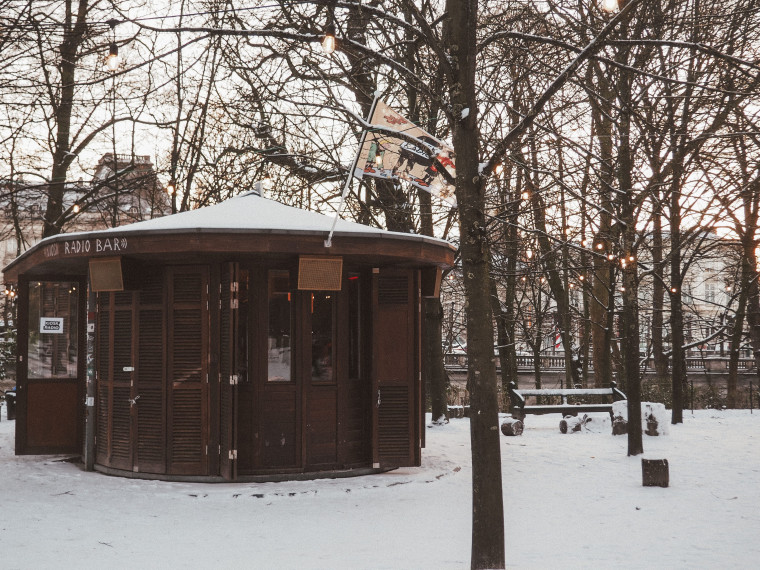
From broadcasts to grassroots activism
In recent years, many online radio stations have become integral to providing artistic and educational opportunities to those with limited access to nightlife infrastructure and industry connections.
Berlin’s Refuge Worldwide grew from its grassroots activism efforts as a fundraising event series in 2015 into a radio station in 2021. Their Neukölln studio has since become a central point for many in Berlin, streaming 24/7 and broadcasting sixteen hours of live radio programmes a day. “Nowadays we find it hard to describe our project succinctly, because there are so many different things that go on here, whether it's as a production house or broadcasting, media outlet, but also a training centre and educational hub,” co-founder George Patrick explains.
Alongside their radio programmes, Refuge Worldwide offers free workshops and classes on media, creativity, and mental health, all hosted as a way to support members of its community. Co-founder Richard Akingbehin says the team is always thinking about how to take their efforts one step further. “We don’t want to just talk about change, but actually implement it.”
"There are so many opportunities to make radio as accessible as possible for everyone." - Richard Akingbehin
By providing young people with the tools to discuss issues affecting their lives – whether it's policing in the neighbourhood or bus fares – in a radio programme, the Refuge Worldwide team hopes to inspire their listeners to become engaged in their community through citizen activism. Aside from daily broadcasts, the radio station publishes a weekly newsletter summarizing current affairs stories and news the team feels their audience should know about.
This summer, Refuge Worldwide curated the musical line-up for the Special Olympics, the world’s biggest inclusive sporting event. In October, they hosted a series of shows with sign language interpretations published alongside the broadcasts. “There are so many opportunities to make radio as accessible as possible for everyone,” says Akingbehin.
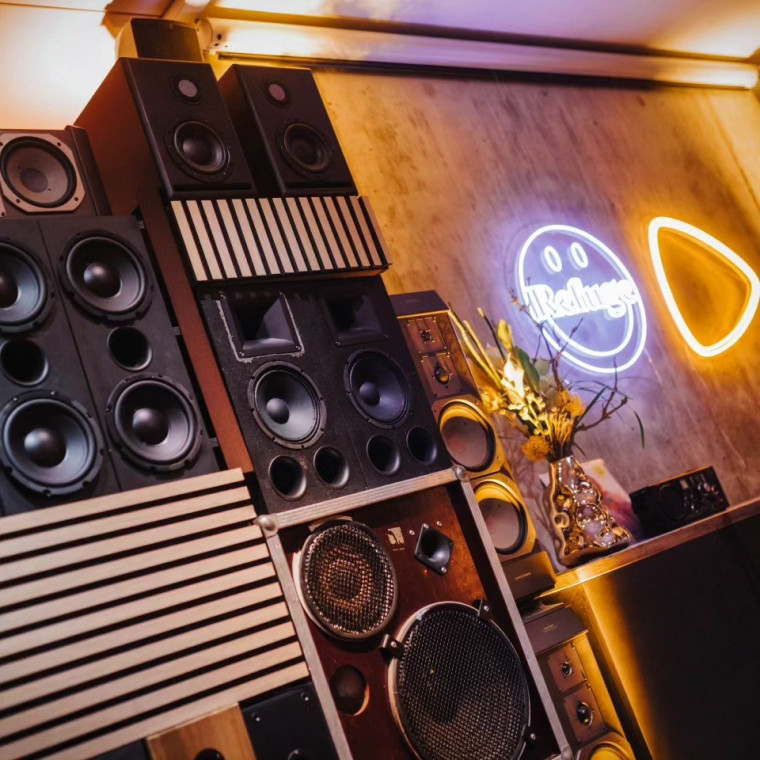
Championing culture locally and globally
“Online radio is an amazing tool for highlighting and championing sharing culture, both locally and globally,” says London-based, Italian-Ivorian producer and DJ Ehua. Previously a resident on Radio Raheem, Ehua joined the Rinse FM roster just over a year ago.
“Rinse has this power to bring together all these different corners of the underground music scene in the UK and abroad – everyone can find their niche, from the kid who’s into grime to someone who’s into very experimental club sounds.” In January 2023, Rinse FM announced plans to take over Kool FM, the former pirate station, and relaunch it under its original name with a new roster of DJs. “For people who are into Drum and Bass, it's something huge to finally have back on the airwaves,” she says.
It’s a heartening development, particularly in the UK, where several broadcasters have been forced to close, including Bristol 1020, SWU.FM and Gilles Peterson’s long-running station Worldwide FM. Even the BBC announced significant cuts to its local programming in October last year.
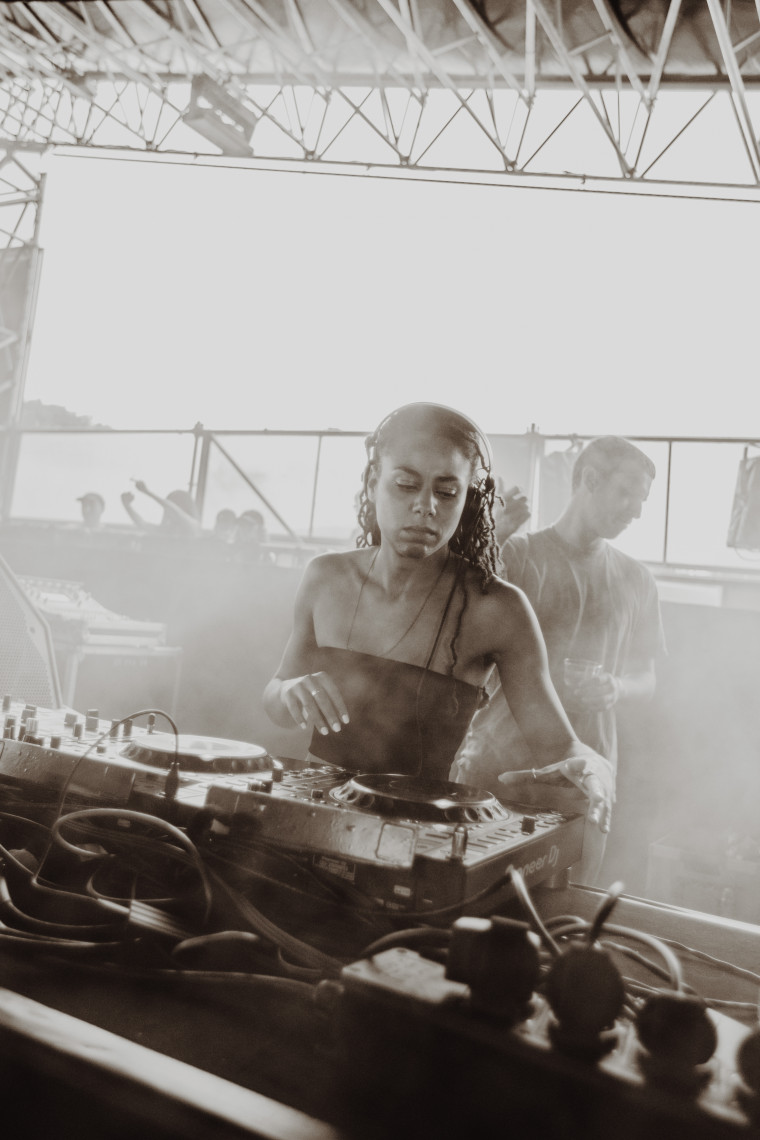
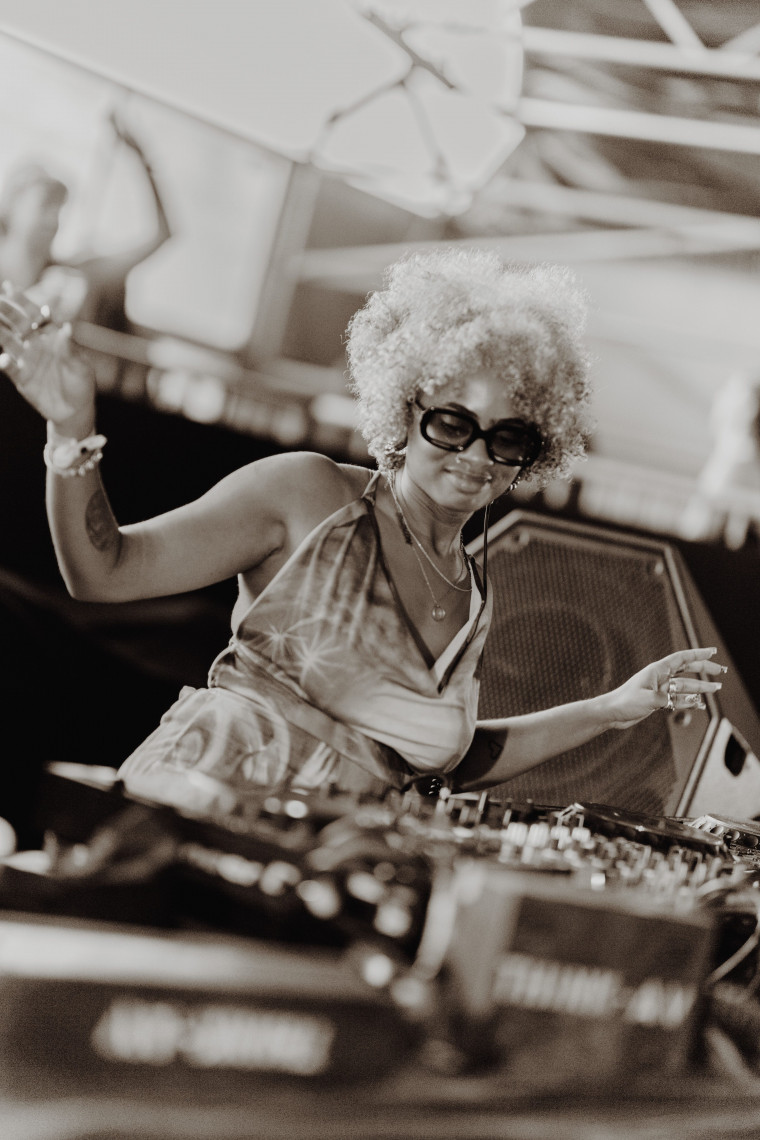
Considering the current economic hardships many online radios are currently facing, Ehua believes local government funding could play a crucial role in protecting the future of community radios.
“The magic happens not just through the show and the music, but through the social element of it,” says South London selector, Worlwide FM alumna and NTS resident Tash LC. NTS regularly hosts events that are free to attend, like their summer block party outside their home base in East London’s Gillett Square. “Being able to invite along people that you rate, and being able to form connections and friendships through that, is massively important.”
Nowadays, with the rise of streaming and TikTok, and countless apps and streaming companies vying for young people’s attention, online radio remains a powerful outlet for community building, creative expression and collaboration. In a world where everyone can be a DJ on Spotify and brands to cash in on raving in the metaverse, the role of online radios remains crucial as ever, says Ehua. “We're stuck in this informational flux that is manipulated by causes that we don't understand, but that work for the masses. Bringing up individuality and niche and things that people like to nerd out on is something we need a lot in 2023. That should be protected and cherished as much as possible.”
